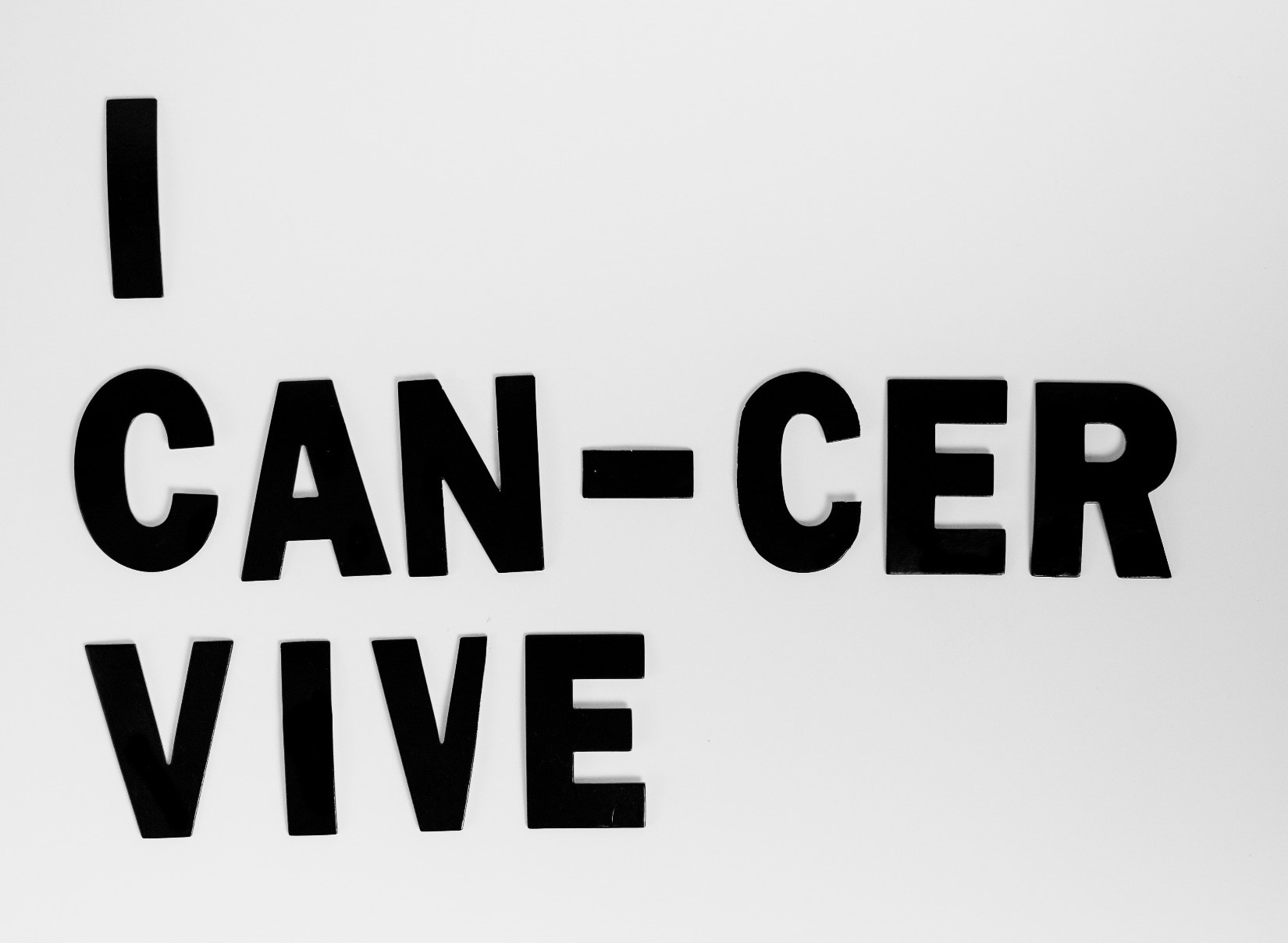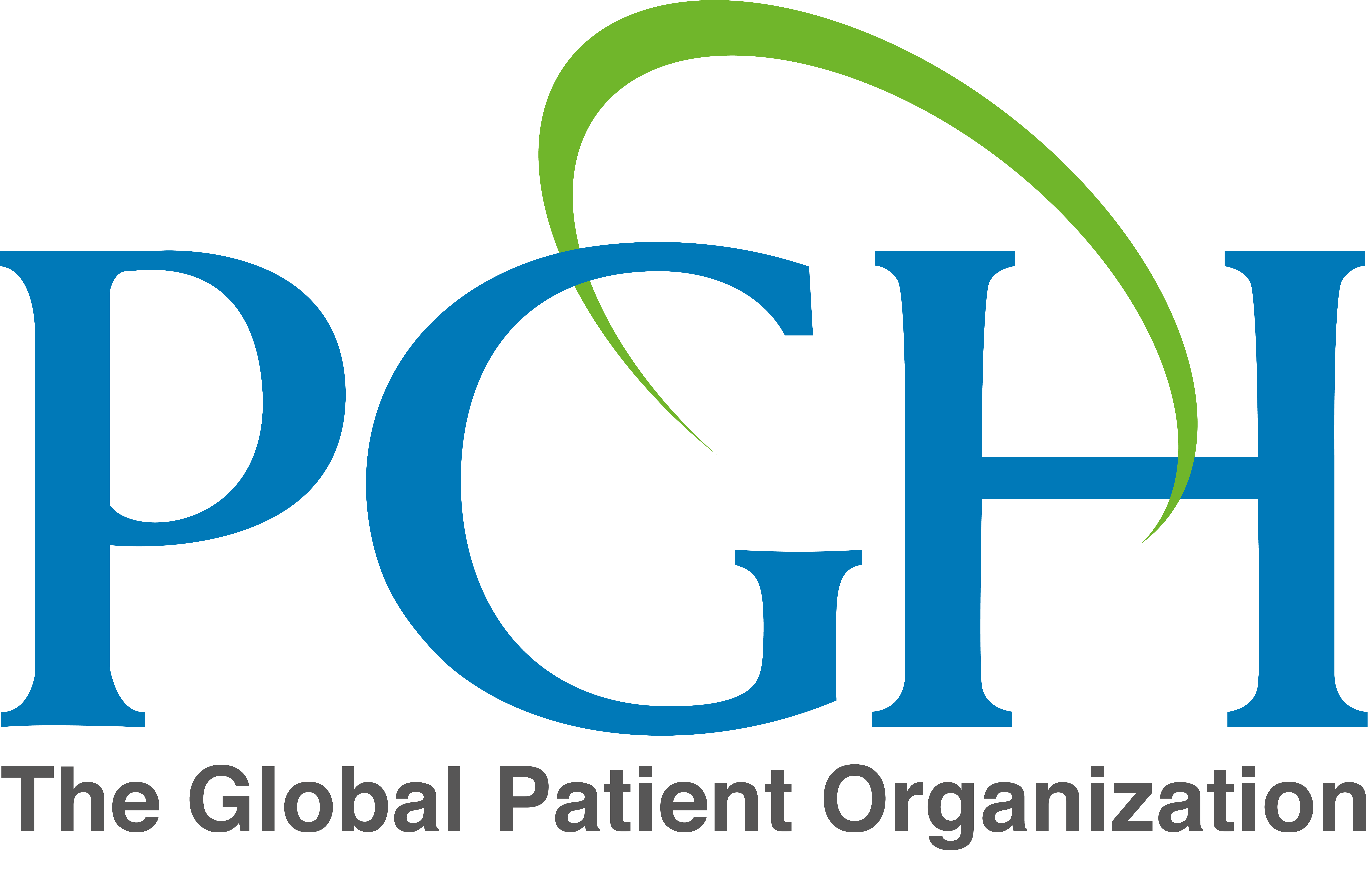Cancer and relationships. What I wish people knew about cancer.
August 1, 2021

The chance that you know someone who has had cancer, has cancer, or will have cancer, is quite high.
It is a widespread disease that touches millions of people –either because they themselves have been diagnosed or someone close to them has, that it is an undeniable part of life and the fabric of social relationships.
As we live longer and environmental and biological carcinogens multiply, the chance of being diagnosed over our lifetime goes up dramatically.
The disease affects anyone of any age, financial status, and gender. Being so prevalent, we should not shy away from conversations about preventing, treating, and living with cancer.
Improvements in treating cancer are helping more people survive complex and once deadly diseases (there are over 120 types of cancer). In the US, the number of cancer survivors is projected to increase to 26 million by 2040 and the percentage of cancer survivors in the country living at least 5 years after diagnosis is expected to go up by 35% between 2017 and 2027.
In my work at PGH, and in my personal life, I have been honored to meet and help people from all over the world who are going through one of the most difficult and challenging experiences. I have been privileged to see the strength and love from these individuals, their family, and support systems.
I often get questions from people about ‘How do I react?’, ‘What do I do?’ when someone they know gets the news that they have cancer. These are very valid, good questions. Below are some suggestions and tips I’ve learnt and witnessed.
Remember, there is no manual on how to react to the news or situation of cancer. The person with cancer may be going through this for the first time, and so might you. You can be alongside them, rather than taking it upon yourself. Sharing love, friendship, listening or distracting (as the need may be), bearing witness, and showing up can be a big part of their healing and support as they face the experience of diagnosis, treatment, and post-treatment.
The initial shock
Cancer diagnosis is usually a shock. Sometimes the mind jumps to questions like: Am I going to die? The answer to this depends on whether it is a treatable cancer and survival rates are high, the stage of disease at diagnosis, and access to effective treatments and medical teams. Will I lose a part of my body (like a breast or leg) or physical function? Is the diagnosis correct? What do I do? Will I lose my hair? How will my life change?
The actions that follow usually include emotional processing, gathering of professional opinions and information on next steps and available treatments, confirming that the diagnosis is correct, understanding the disease, and the risks and effects of treatments.
Socially, one must decide how much to share with wider personal and professional networks and undertake arrangements to support oneself throughout treatment and recovery in practical, emotional, and psychological ways.
Living with cancer
During and after treatment and therapies, people continue to live their lives and fulfil their roles as family members, students, or workers.
Sometimes the cancer comes back, and they go through treatment again, experiencing once more the full range of emotions and feelings that can accompany cancer diagnosis.
What should friends and family remember?
People facing or living with cancer commonly report that they wish people had more awareness that:
- Cancer is not a death sentence. Although we associate cancer with death, the chances are high that people have been – and are – living with cancer since their diagnosis for at least 2 years or more. Being diagnosed with cancer and undergoing treatment are only a part of living.
- Cancer is a diagnosis for an entire family and support group. It affects everyone around the person diagnosed. It can change friends and family and their environment in challenging and positive ways.
- Life can change at any point. As a society, there is a general misconception that cancer “will not happen to me” or “to someone close”, that we are too young, too strong, too active, or too lucky. But change is constant, and life may flip upside down. Instead of shying away from the conversations and recognizing the visibily of people living and surviving cancer – which we can have a tendency to do or to think about abstractly – individuals with cancer and the cancer community advocate for more open and nuanced talks about getting and surviving cancer in its full dimensions. This helps everyone to be prepared and to respond.
Reactions from friends and family to a diagnosis of cancer

Responses from friends and family fall somewhere along a wide spectrum. On one end, there are those that are not ready to deal with the news or are not equipped to do so. They might even ghost the patient or disappear, which can feel like abandonment. On the opposite end, there are many people who reveal themselves to be unconditionally supportive, present, and available.
Mostly, people fall somewhere in the middle — wanting to be there for their friend or relative and sincerely caring, but not knowing how or what to do. These friends may alternate between not wanting to seem careless and not wanting to overstep.
What to do and not do
If someone you know has been diagnosed with cancer and is sharing this news with you, don’t be afraid to share statements of support and ask what they need.
The following are some tips of responses that may be appreciated by people facing cancer and some that probably will not.
| Helpful reactions: | Unhelpful reactions: |
| Message such as “I am here for whatever you need” or “How can I help?”.
A text, email, letter, or call to communicate that you are there is incredibly important. A message that does not ask them to answer or to do anything right away is always appreciated. |
Do not get offended… it’s not personal.
If you text or call a friend or family member with cancer and they do not respond, don’t get offended. They might not feel well. |
| Sharing opinions, but only if you believe in them and without pressure.
Generally, giving an opinion is more likely to be well received when it is something that you believe in or that has worked personally for you or someone you know. Do not give advice based on hearsay. It is also never helpful to tell a patient about someone you know who has died of cancer. |
Make it about yourself.
Cancer is physically, mentally, and emotionally draining and encompassing. It is not a reflection about you if they cannot be there 100% or in the way you expect. Accepting this and showing up for them means a lot. |
| Create groups on social media.
These can be a helpful way to update more than one person with how they are feeling, such as ‘today I feel well’, and allow everyone to offer their support in one channel. It is a good idea to first ask if they want a group chat, or to use social media. |
Do not assume they are cancer (their diagnosis).
Remember that before they got cancer, they were your friend, your co-worker, a student, a person at yoga class or the gym, or a person you knew. They may have cancer, but they are not just cancer. Chances are that they may also want to talk about anything else that isn’t cancer. |
| A small gesture goes a long way.
You may not realize the impact you can have with what feels like a small gesture, like sending a message, visiting, or giving a small gift. It may feel like a small fraction of your day, but for a patient it can be a meaningful interaction that day or week. So always be willing to offer support. |
Forget.
It is likely that people with cancer will not attend as many social or professional events and you will not see them as often, so don’t forget to check in occasionally. |
Some Things to Expect
Be willing to unlearn and learn some ways of seeing and being in the world:
- A relationship cannot be 50/50. A relationship with someone going through cancer cannot be completely equal. This goes for other things besides cancer, such as mental health or grieving. They are not ‘using cancer as an excuse’ or being a victim. Although it may seem unfair, they need energy, focus, and support to heal.
- It’s OK to have bad days and it’s OK to ask for help. People sometimes believe they have to remain positive and strong and do everything on their own; for themselves or for others. It’s ok to lie down, ask for help, not do things, and to feel all types of emotions.
- People come in and out of our lives. Sometimes people show up for a someone they know with cancer, and sometimes they do not. It helps to not hold grudges or be resentful towards those who do not show up, but just appreciate the fact that during a period of life you were together, learning, and growing.
Silver Linings

- Love and Friendship. While going through challenging periods in life, we often get the gift of feeling how much we are loved.
- Gratitude. When confronted with illness, one stops taking things for granted. Because cancer disrupts so many things, one learns a lot about being grateful. Everyone has bad days, even if you don’t have cancer. Even when you are not looking forward to something ahead, it helps to practice gratitude, no matter how small, for what you have or who you are, and appreciate that every moment is different to the one before.
- Acceptance. It is also easy to reject negative emotions and want very hard to be positive. This is the opposite of acceptance. A gentle way is to acknowledge the negative, without criticizing or judging, denying, beating yourself up, or trying to will yourself into being grateful and positive because it’s what you think you should do[1]. Taking ‘shoulds‘ out of the vocabulary helps.
- New people and new perspectives. In responding to cancer, people often undergo many new experiences and encounter new people and perspectives. For example, in addition to western science there is a lot to learn from other healing methods from other cultures.
- Empathy and Forgiveness. Everyone is going through something; whether it is a disease, a loss, pain, or insecurity. We have no way to know for certain what someone else is experiencing, but we can be more empathetic and forgiving and listen and pay attention.
My gratitude as a Personal Care Manager
I have been a part of the resilience, compassion, anger, sadness, hope, love, determination, and commitment of patients, doctors, care managers, and friends and family who are facing cancer.
Their experiences before, during, and after treatment, and the vast improvements in science and research give me hope that one day we will have a cure for cancer.
In the meantime, we get to learn and appreciate life in all its complexity and experiences. As we acknowledge those of us living with or having cancer amongst us, we can better understand the disease and support each other through and after.
Developing relationships with members who are facing cancer and understanding their story, needs, preferences, expectations, and desires is an integral component of care management. This includes their family and support system around them.
Knowledge, clinical skills, empathy, and compassion are all important competences for Personal Care Managers at PGH. Building trusting relationships and personal engagement with patients, and with their family members when patient’s ask us to engage with them, benefits everyone and helps to have important conversations about treatment and care planning. It also allows us to ensure that goals, preferences, and needs are respected and followed. We extend those attributes across their continuum of care and in interactions with their medical team throughout their journey with PGH.
Sources:
- “Study cancer survivors”. Nature568, 143 (2019). https://doi.org/10.1038/d41586-019-01095-9
[1] Jiddu Krishnamurti, a 20th century Indian philosopher, explained the difference between introspection and acceptance as introspection being akin to self-analysis and a means to understand and to change something. For example, to be different, or to attain something you want, such as be less angry or more kind. When you fail at changing and the end is not achieved – from the point of view of the observer, the ‘I’ – then frustration and depression might arise. Acceptance, awareness, are different in that it is observation without condemnation, justification, or identification. Acceptance is looking at what is, without categorizing, trying to shift or change it, judge it or expect something. The magic is that there is transformation, and movement and change in acceptance.
